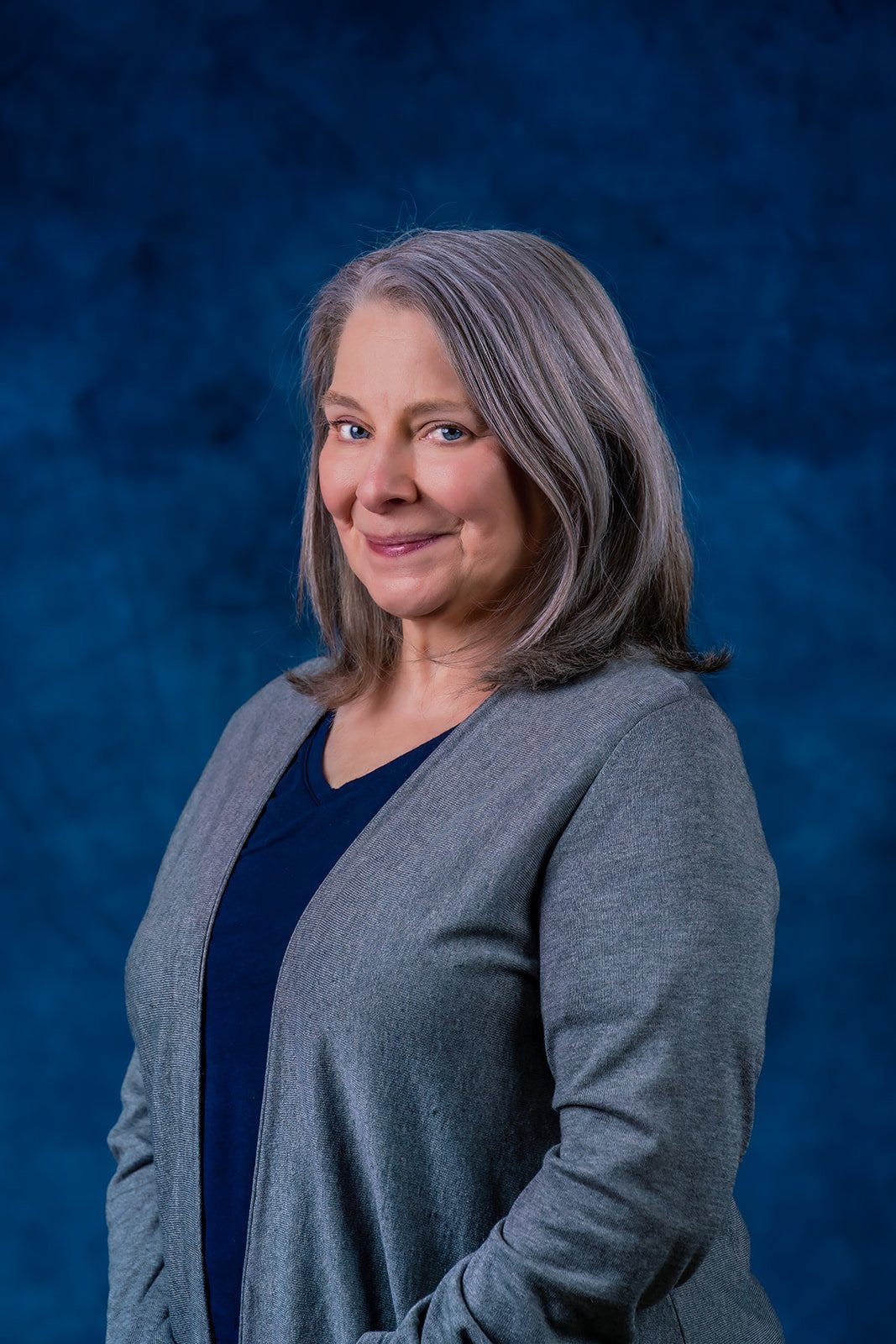

By Guest Contributor Linda Maxie
Spring is here, and that means it’s time to start digging in the dirt! (If that’s your thing). And even if it's not, most of us enjoy being outdoors in the spring.
So, for April, I am sharing with you some recommended books about Mother Earth--her history, her flora and fauna, and the troubles she’s sadly facing.
I’ve grouped these books alphabetically by the author’s last name. Here goes:
1. Edward Abbey, Desert Solitaire, 1968.
Acclaimed nature writer Edward Abbey wrote this classic in nature writing while employed as a ranger at Arches National Park. He describes the landscape around him in poetic prose, examining our culture’s course of natural destruction and his struggles with morality.
2. David Beerling, The Emerald Planet: How Plants Changed Earth History, 2007.
To answer questions about what climate changes mean for the future of our planet, David Beerling examines climate shifts in its pre-human past. He finds plants play a critical role in climate change and reaches surprising conclusions about what his research reveals.
3. Peter Brannen The Ends of the World: Volcanic Apocalypses, Lethal Oceans, and Our Quest to Understand Earth’s Past Mass Extinctions, 2017.
Our planet has survived five mass extinctions in its long history. Science journalist Peter Brannen examines these deep-time events to look at parallels between those episodes and the climate change we are currently seeing.
4. Green Matters, Green Living: A Step-by-Step Guide to a Happy and Sustainable Lifestyle, 2021.
The folks at GreenMatters.com aim to help people live in harmony with the environment to increase their and the planet’s health. They guide readers in making green purchase decisions, recycling, non-toxic cleaners, minimalism, and sustainable beauty and fashion options.
5. Lyanda Lynn Haupt, Rooted: Life at the Crossroads of Science, Nature, and Spirit, 2021.
Naturalist and eco-philosopher Lyanda Lynn Haupt uses science to prove that life is interconnected. She provides ways to help readers understand the connection and find ways to increase personal awareness so they can regain their sense of wonder and wholeness.
6. Andrew H. Knoll, Life on a Young Planet: The First Three Billion Years of Evolution on Earth, 2003.
Professor of natural history and planetary sciences Andrew H. Knoll wants everyone to understand the geologic and fossil record and what it tells us about the history of our planet and its place in the Universe. In explaining how such diversity of life developed here, Knoll uses discoveries, many made by himself and his students.
7. Mark Maslin, The Cradle of Humanity: How the Changing Landscape of Africa Made Us So Smart, 2017.
Professor Mark Maslin looks at the latest fossil findings from the East African Rift Valley to understand how humans, a relatively weak species, became our planet’s dominant force. He finds that astronomy, geology, climate, and landscape all played a part in developing our intelligent and highly social brains. These, in turn, gave us an advantage for survival.
8. John McPhee, Annals of the Former World, 1998.
Celebrated writer John McPhee decided to explore the entire planetary history of the fortieth parallel across the continental U.S. The research took twenty years to complete. This classic book is the result, taking the reader back through 4.6 billion years of history.
9. Elizabeth Rush, Rising: Dispatches from the New American Shore, 2018.
Elizabeth Rush examines the stories of wildlife biologists, activists, and people living in communities affected by rising sea levels and storms, to demonstrate how coastlines in America are changing.
10. David Wallace-Wells, The Uninhabitable Earth: Life After Warming, 2019.
Looking ahead, David Wallace-Wells sees changes in our Earth as creating problems many of us cannot imagine. Losing our current coastline is only the forerunner of devastating changes to come. Everything about our lives will inevitably have to change as he sees it.
I hope at least one of these titles will interest you.
Happy Reading!
Linda Maxie is a retired librarian from Virginia’s southern Piedmont region who is writing Library Lin’s Curated Collection of Superlative Nonfiction Books series. During her decades of library work, Linda got a lot of experience playing matchmaker for readers and books. Her obsession with quality led her to refine a method for choosing top books on any topic. When she’s not researching, she’s out roaming with her husband, Roger and their rescued cur dog, Dusty Kardashian.
She can be reached at https://librarylin.com





Wonderful recommendations. I love Haupt's work!